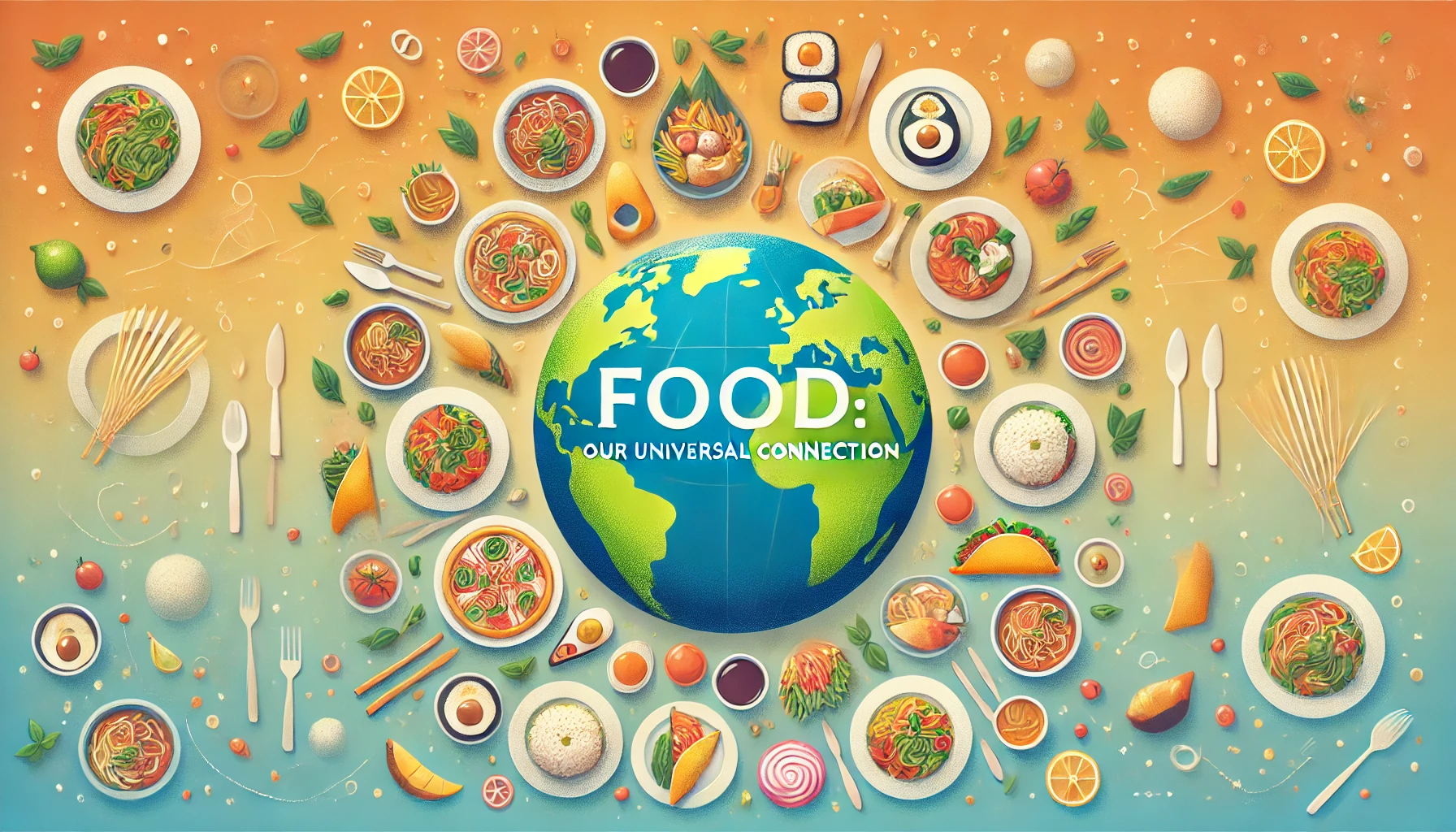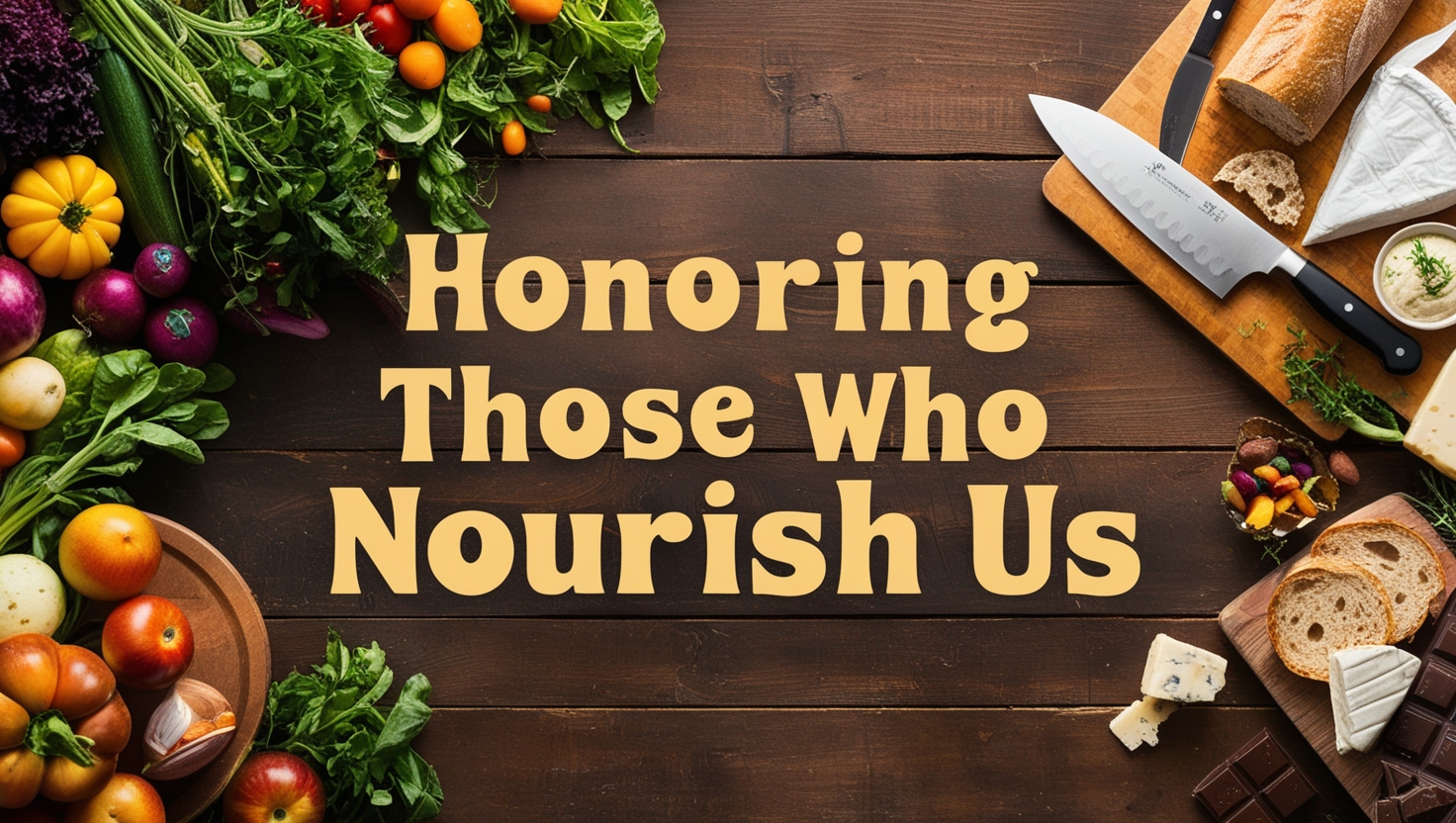The Only Time to Eat Diet Food Is While You’re Waiting for the Steak to Cook: A Humorous Look at Balancing Indulgence with Healthy Eating
Diet food. It’s often seen as bland, unappealing, and the necessary evil for those looking to shed a few pounds or maintain a healthy weight. But, is it really all that bad? And what does it mean to “eat diet food” in the first place? As the saying goes, “The only time to eat diet food is while you’re waiting for the steak to cook,” humorously poking fun at the idea that we often reach for the healthy stuff when we’re not indulging in our true cravings.
In this article, we’ll dive into the often humorous yet insightful relationship between indulgent foods like steak and the perception of diet foods, exploring how we can strike a balance between the two. We’ll examine the psychology behind food choices, the role of humor in how we approach healthy eating, and practical strategies for incorporating healthier foods into our lives without feeling deprived.
The Steak and Diet Food Paradox
It’s easy to see why steak, a juicy, tender cut of meat, is often hailed as the epitome of indulgence. Paired with mashed potatoes, a side of creamy sauce, and perhaps a glass of red wine, steak is the food of celebration, enjoyment, and satisfaction. On the flip side, “diet food” conjures up images of bland salads, steamed chicken breast, and unseasoned vegetables—essentially, the exact opposite of the culinary experience one craves when sinking your teeth into a perfectly cooked steak.
But why do we consider steak an indulgence, while diet food is associated with restriction and sacrifice? The simple answer lies in our emotional and psychological relationship with food. Steak represents pleasure, indulgence, and reward, while diet food is often viewed as something to endure, a means to an end rather than something to be enjoyed.
The Role of Humor in Our Relationship with Food
Humor plays a significant role in how we navigate our eating habits. The saying about diet food and steak underscores the comedic tension between indulgence and self-control. It captures a universal experience: while we know we “should” eat healthier foods, we often crave something richer, more satisfying, and flavorful. Humor helps us cope with the perceived dichotomy between eating to enjoy life and eating to maintain our health.
The problem arises when we make diet food synonymous with tastelessness or restriction, while we see indulgent foods like steak as the ultimate reward. It’s essential to recognize that food is not inherently good or bad, and that balance is key to maintaining a healthy relationship with food.
The Psychology of Food Choices
Our food choices are often influenced by several factors, including our emotional state, social influences, and cultural norms. We tend to associate comfort foods—like steak, burgers, and pasta—with happiness and celebration, while diet food is often tied to discipline, restriction, and even guilt.
Food as a Source of Comfort
For many, food is a source of emotional comfort. When we feel stressed, overwhelmed, or sad, we may gravitate toward foods that provide immediate satisfaction. These foods are often high in fat, sugar, or salt—qualities that trigger the release of dopamine, a neurotransmitter associated with pleasure and reward. Steak, with its rich flavor and tender texture, fits this description perfectly, making it a go-to indulgence for those moments when we need a pick-me-up.
On the other hand, diet foods—often perceived as lower-calorie or healthier options—do not always trigger the same level of pleasure. This discrepancy can lead to a sense of deprivation or dissatisfaction, especially when we are longing for the comfort foods we’ve been conditioned to associate with enjoyment.
Cultural Influences on Eating Habits
Cultural norms and societal standards heavily shape our perceptions of food. For instance, in many Western cultures, steak is often seen as a symbol of strength, wealth, and power. It’s a food that signals abundance and luxury. Conversely, foods typically labeled as “diet foods,” such as salads or grilled chicken, may be perceived as less exciting or fulfilling.
These cultural associations with food can influence how we approach our meals. We may feel pressure to indulge in foods like steak during social gatherings or celebrations, even if we’re trying to maintain a healthier diet. Conversely, diet foods may feel like the “appropriate” choice when we are aiming to lose weight or maintain a healthy lifestyle, but these foods might lack the emotional fulfillment we get from more indulgent options.
The Importance of Moderation and Balance
While the saying “diet food is for while you’re waiting for the steak to cook” may suggest that healthy eating is only a temporary detour before indulging in a rich meal, it highlights an important aspect of balanced eating: moderation.
Finding Joy in Healthier Foods
The key to healthy eating is not about entirely avoiding indulgent foods but rather finding a way to balance enjoyment and nutrition. Instead of viewing diet foods as a temporary stop on the way to a steak-filled indulgence, we can learn to appreciate them for their taste and nutritional value.
For example, consider incorporating healthy fats like avocado or olive oil into your salad, or seasoning vegetables with spices and herbs to enhance flavor without adding excess calories. By making small, thoughtful changes to the way we prepare and enjoy healthier foods, we can begin to shift our mindset and appreciate these meals without feeling deprived.
Indulging Without Guilt
It’s also essential to acknowledge that indulgent foods, like steak, can be enjoyed without guilt when consumed in moderation. Steak is rich in protein, iron, and other nutrients, making it a valuable part of a balanced diet. The key is to savor these indulgent foods mindfully, ensuring they are part of a larger, well-rounded eating plan that includes a variety of nutritious foods.
Mindful Eating and Portion Control
Rather than viewing steak as a “forbidden” indulgence, we can approach it with a mindset of mindfulness and portion control. Instead of overeating or mindlessly consuming large portions, savor each bite and enjoy the flavors without guilt. Pairing your steak with a side of vegetables or a salad adds balance to the meal, ensuring that it is both satisfying and nutritious.
How to Incorporate Both Diet and Indulgence into Your Diet
Plan Your Meals Around Balance
The key to maintaining a healthy eating plan while still enjoying indulgent foods is to strike a balance. You don’t need to deprive yourself of your favorite treats, but you can plan your meals around nutrient-dense foods like fruits, vegetables, whole grains, and lean proteins while allowing room for occasional indulgence.
For example, if you’re planning a steak dinner, you can pair it with a side of roasted vegetables, a quinoa salad, or a leafy green salad with a light vinaigrette. This way, you enjoy your indulgence without going overboard.
Healthy Alternatives for Indulgent Meals
If you’re trying to eat more mindfully, there are also healthier alternatives to traditional indulgent foods like steak. You could swap red meat for leaner cuts of meat, such as chicken or turkey, or opt for plant-based proteins like lentils or tempeh. Grilling or baking these proteins instead of frying them adds a healthier twist to your indulgent meals.
Additionally, consider experimenting with lighter versions of your favorite comfort foods. For example, you could try a cauliflower mash instead of mashed potatoes or a zucchini noodle pasta instead of regular pasta. These simple substitutions can make your meals lighter without sacrificing flavor.
Conclusion: Eating Well Without Deprivation
The saying “the only time to eat diet food is while you’re waiting for the steak to cook” humorously reflects the internal struggle between indulging in the foods we love and maintaining a healthy diet. The key is finding a balance where you can enjoy both indulgent and healthy foods without guilt or deprivation. By approaching food with a mindset of moderation, mindfulness, and balance, we can enjoy all the flavors life has to offer—whether that’s a perfectly cooked steak or a refreshing salad.
Ultimately, eating well doesn’t mean depriving ourselves of the foods we enjoy. It’s about understanding that indulgence and health can coexist, and that a healthy diet is built on the foundation of moderation, variety, and a little bit of humor.







Leave a Reply